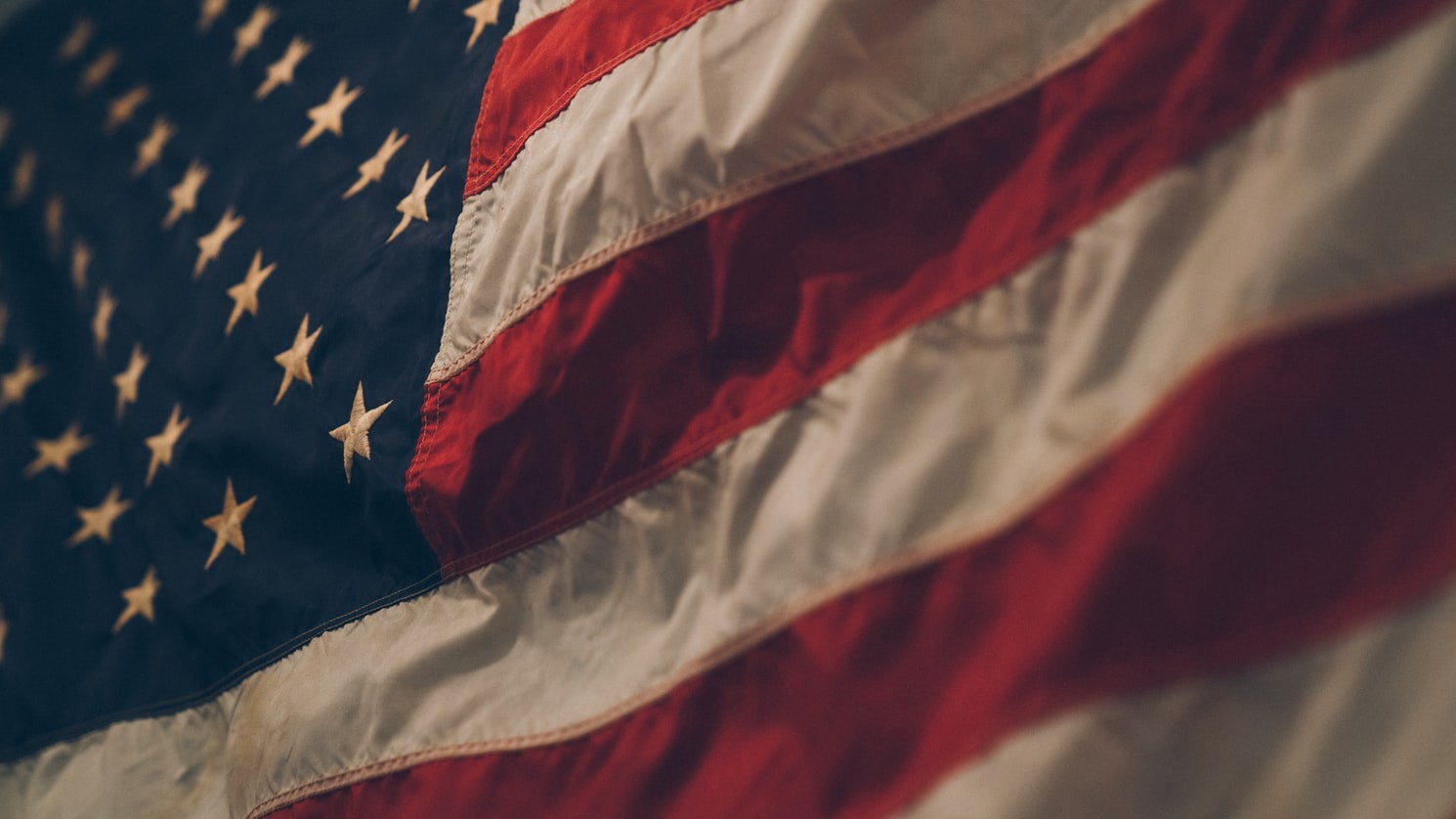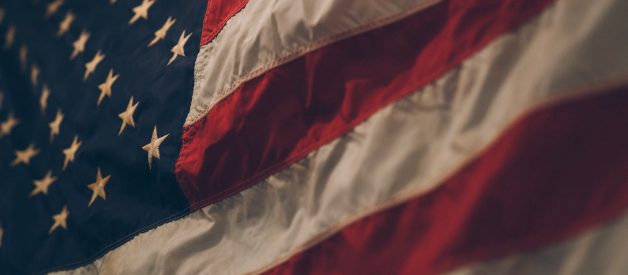Opinion by Wes O?Donnell. Veteran, U.S. Army & U.S. Air Force. Journalist for a bunch of publications you probably haven?t heard of.
America is wholly unique among the nations of the world. Conceived as an asylum for oppressed peoples everywhere, George Washington would write ?I had always hoped that this land might become a safe and agreeable asylum to the virtuous and persecuted part of mankind, to whatever nation they might belong.?
America enjoys influence from everywhere:
France helped secure our independence. Our numbers come from India and Baghdad. Our religions are from Palestine, Saudi Arabia, and Israel. Our languages have mostly Latin and Asian roots. Our arts are from Greece. Our jurisprudence comes from Rome. Our 4th of July fireworks were invented in China. Our calendar comes from the Catholic Church. I hail from Germany and Ireland. My neighbors are from Mexico and Africa. I served in the American military with men and women who came from all points on the compass.
As Jill Lepore says, ?To love this particular nation? is to love the world.?

Patriotism and Nationalism: Two Very Different Things-
Rarely in the history of the United States have two words that are so contradictory today, been used so interchangeably in the past.
In fact, patriotism is the older of the two words, dating back to the mid-17th century. Its first use was recorded in 1653:
There is hardly any judicious man but knoweth, that it was neither learning, piety, nor patriotism that perswaded any of that Nation to Presbytery?.
? C.N., Reasons Why the Supreme Authority of the Three Nations (for the time) is not in the Parliament, 1653
The word nationalism came along a full 150 years later and until the 20th century was used interchangeably with Patriotism to mean roughly the same thing.
It wasn?t until World War II that the word nationalism began to take on a negative connotation. It was used frequently in media of the day to describe the fervent German expansion of the 1930s.
Today, Merriam-Webster treats nationalism and patriotism as synonyms, however, they acknowledge that the pair are problematic and while the definition of patriotism has remained unchanged through the years, the word nationalism has grown apart.
So Where Do the Words Stand Today?
The challenge that we face is that there is no consensus, even among scholars and social scientists where to draw a line between the pair of words. Instead, we sort of flow with time, watching the evolution of the word nationalism before our very eyes as the media, politicians, and influencers define the word on our behalf.
A quote by Sydney J. Harris best sums up the current outlook on the pair:
?The difference between patriotism and nationalism is that the patriot is proud of his country for what it does, and the nationalist is proud of his country no matter what it does.?
A nationalist believes that his country is the best because they live in it. But a patriot believes that his country is the best but there is always room for improvement.
A nationalist can?t tolerate any criticism of his country and considers it an insult. But a patriot can tolerate criticism and have a thoughtful conversation about improvements.
A nationalist puts more importance on unity through a shared cultural background. But a patriot puts more importance on unity through shared values.
Many even go so far as to define nationalism as evil, xenophobic and racist.
Is Nationalism All Bad?
Surprisingly, no. Nationalism has its uses as a very strong motivator for uniting people together in the struggle against injustice.
As an example, recall the 20th-century anti-colonialism struggles in Africa and India driven by a strong nationalist sentiment among the oppressed peoples.
Some political analysts feel that peace in the Middle East can only be achieved through a strong national identity of the countries involved, as opposed to the current tribal and religious identities that divide them. Embracing national identities over religious may make it easier to negotiate through national amendable laws rather than ambiguous religious laws.
But in a country like America, there is a very strong connection between nationalism and extremism. Putting America first ahead of our enemies is fine. But putting America first over our allies creates a much more unstable Europe and Asia, as long-standing trade and defense agreements crumble under the weight of our own self-interest.
If the evil ?globalist agenda? is spending a little more foreign aid now to avoid war, health or humanitarian crises at a future date, then call me a globalist.
It?s okay to feel like your country is exceptional. I believe in American exceptionalism, but not because I had the good fortune of being born here. Instead, I believe that America is exceptional because of our shared values and our willingness to help other countries experience the same freedom.
As for nationalism, America?s strong national identity has always manifested itself in the form of patriotism. As a nation made up of bits and pieces of cultures from all over the world, American nationalism shouldn?t exist. In this country, we have no shared ethnic heritage. Writings from our country?s founders show men who envisioned a land made up of oppressed peoples from all nations on Earth.
Patriotism and our shared values might just be the path out of the venomous divisiveness that we find ourselves in now. Emphasizing what we?re about, rather than who we are, is always a good bet for Americans.
I?m always at my proudest when I stand with patriots.


